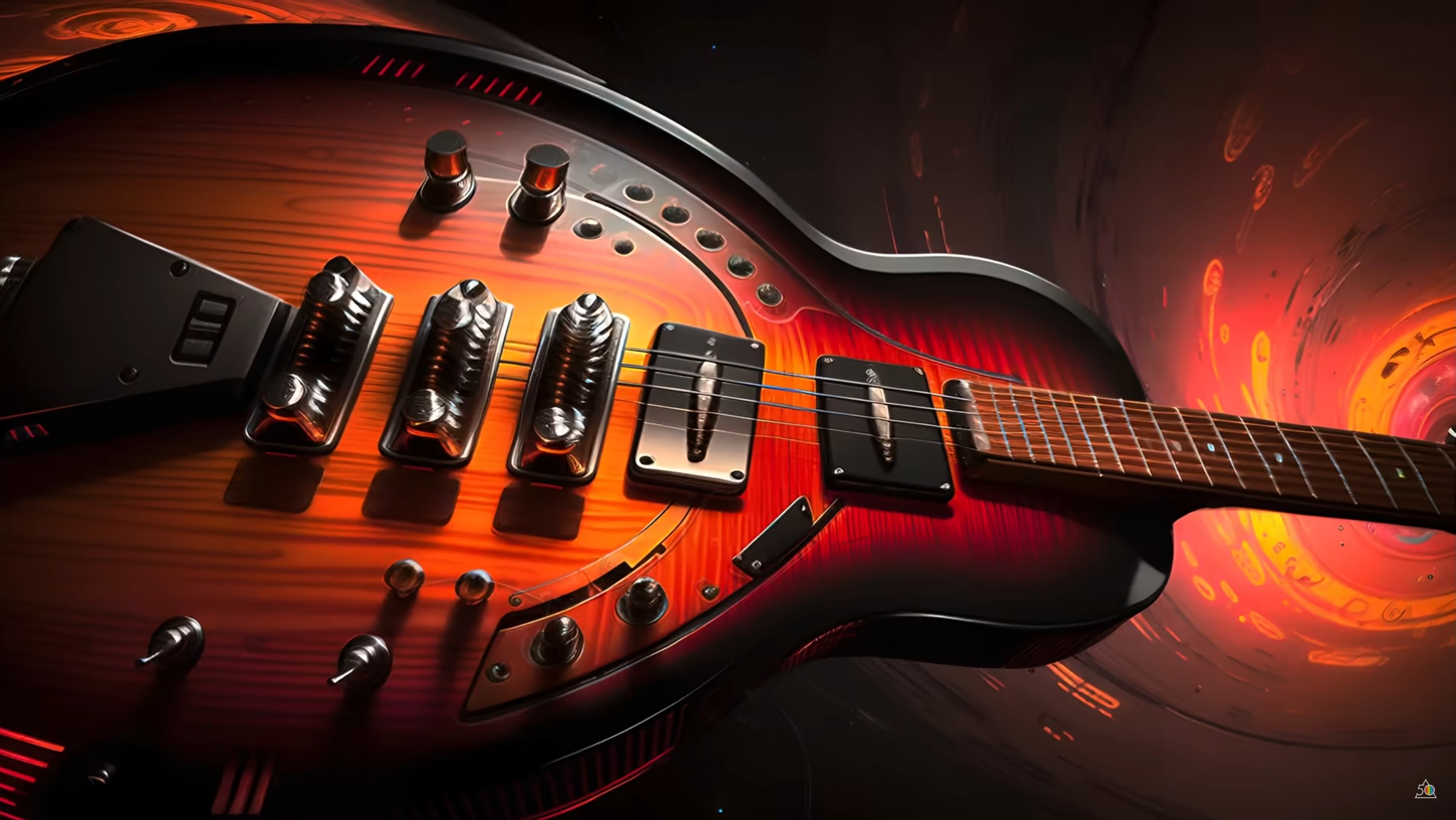
What you need to know
- Classic rock band Pink Floyd held an animation contest to celebrate the 50th anniversary of the Dark Side of the Moon album.
- On April 5, Damián Gaume's entry for "Any Colour You Like" was announced as one of 10 winners, with a prize of £10,000. The video was created using generative AI.
- The post has been met with controversy, as unhappy fans of Floyd voice their disdain for the use of "soulless" generative AI winning over hand-animated pieces by human artists.
The winner of an animation contest with a £100,000 prize pool has stirred up significant controversy. Classic rock band icon Pink Floyd hosted the animation contest as part of the celebration surrounding the 50th anniversary of the album Dark Side of the Moon. The winning video, submitted for the song "Any Colour You Like," was generated using a Stable Diffusion model combined with adjustments made in Blender by 3D artist Damián Gaume.
The Pink Floyd Twitter account shared a behind-the-scenes video of Gaume describing the technique used to generate the video and openly declaring it to be AI. Gaume's video was one of 10 winners who shared the prize pool, earning around £10,000.
A #BehindTheScenes look at Damián Gaume’s winning video for Any Colour You Like in Pink Floyd's The Dark Side Of The Moon 50th Anniversary Animation Video Competition. pic.twitter.com/fKutGuiQseApril 5, 2024
Pink Floyd has historically worked with animators and artists to create interpretations of their music over the band's long career, making an animation contest an easy fit for marketing the celebration. The competition was announced in early 2023 and was judged by a panel of industry veterans, including English cartoonist Gerald Scarfe, known for producing animations for The Wall for Pink Floyd and Disney's Hercules. Additional panelists included Pink Floyd drummer Nick Mason and BAFTA award winner Terry Gilliam.
The listed rules and regulations for the contest, revised in August 2023, did state that artificial intelligence software was allowed for entries. However, the person submitting the entry must submit proof of the creative process and software that "assumes or obtains (or tries to assume or obtain) any copyright or other rights' ownership in your video entry." In the behind-the-scenes video, Gaume shares that he utilized Stable Diffusion to generate the winning animation trained on their models created in Blender. The winning entry was among six videos Gaume submitted, all created with generative AI.
The contrast between the other winners showing us their artistic process, while this hack is not showing us anything because he didn't do shit 💀 https://t.co/P016oKmsLe pic.twitter.com/x93YpC7bpPApril 5, 2024
Artists, animators, and general fans of Pink Floyd rallied together in disgust at the victory. In a quote retweet of the winner's announcement post, one Twitter user with the handle @floydposting decried, "are you f***ing serious" [sic.] Others drew parallels to the differences between the behind-the-scenes videos for other animations. Many behind-the-scenes videos showed artists carefully illustrating, rigging animations, and creating claymation. Meanwhile, Gaume featured the winner sitting in a chair and speaking using Stable Diffusion to create animations from prompts. Despite claiming the AI generator was trained only on specific works, none were shown in the video.
Generative AI has fallen into a legal gray zone, as regulations and copyright law fall behind the advancing technology. Stable Diffusion and other language models like it are widely panned for scraping art, music, and video content created by humans to reassemble and regurgitate AI-generated imagery, audio, and videos. Copyright law protects the original creators from theft in many scenarios, but there is no way to opt works of art out of being used as a trainer for large language models. Still, because generative AI recycles the content it is trained on into something vaguely different, it is often lumped in as a case of Fair Use.
Gaume's AI-generated win is not the first of its kind. In 2022, a similar uproar occurred when Jason Allen won first place in the digital art category at the Colorado State Fair's fine arts competition with an image generated using Midjourney.
Despite the backlash and negative attitude toward generative AI, companies seem poised to go all-in with the technology. Adobe has integrated generative AI into its Creative Cloud software, and AI-powered laptops are flooding the market.







